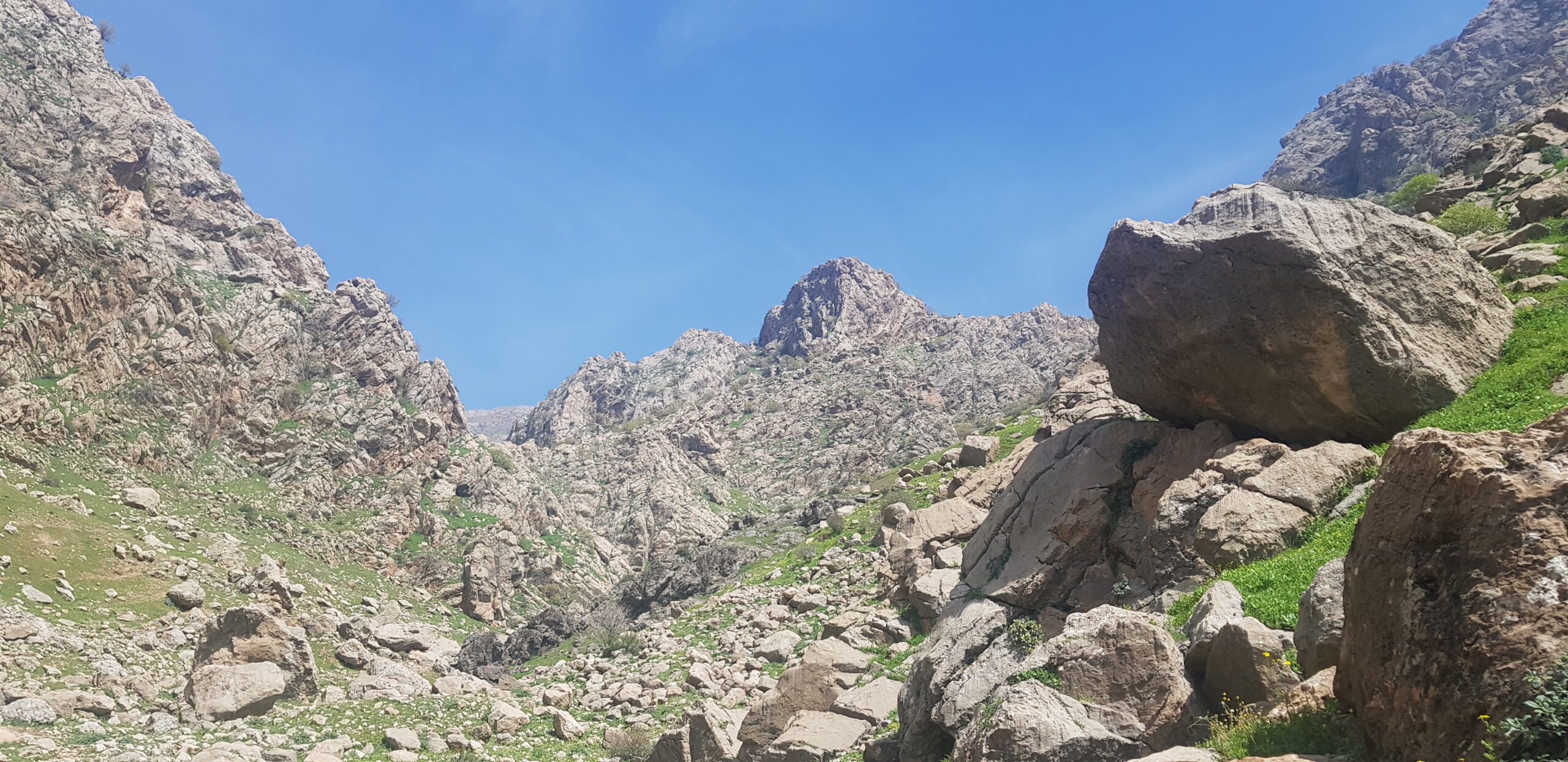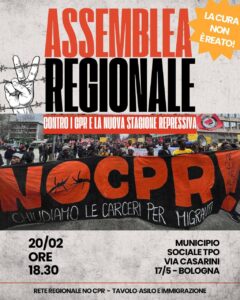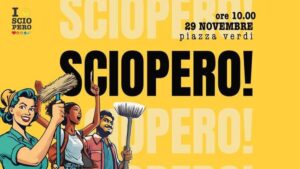On 25 April 1945, Italy was liberated from nazifascism and the their black horror. Many men and women sacrificed their lives for the partisan cause and to give freedom to their people. But the partisans do not end that day just as the fascisms to fight. In the mountains of Kurdistan the resistance of the Kurdish people persists. Comrades with rifles on their shoulders resist the incursions of Türkiye and its allies. Last year as YaBasta! Bologna we participated in a trip to Southern Kurdistan as part of an internationalist delegation. The trip coincided with Newroz celebrations in the Qandil mountains. The following is an report of the trip and some impressions of it.
Trip to Kurdistan: the fire of resistance and Democratic Confederalism
The small Nissan van advances regardless of the years and the number of passengers along yet another climb. With every bump taken at high speed it is as if the driveshaft shouted out to the world its desire to feel invincible, inside the passenger compartment however its exploits go almost unnoticed. It is the music that dominates, the songs, the hands that wave, those that clap, the children who are passed from row to row from one relative to another. The journey to the Newroz of Quandil, “the real Newroz” as they call it in these parts, can be considered a celebration in itself. It is the journey of a people who get into tired cars and minibuses to reach the place they hold most dear, there in the mountains where the guerrilla stands up to Turkey’s powerful army and the betrayals of their neighbors. During this journey, in the eyes and smiles of people you can see how much pride there is in feeling part of all this, and how much this pride grows with each passing kilometre. The climb before the checkpoint immediately appears to be something legendary, countless hairpin bends alternate at such a steepness that it makes one think that that driveshaft above is finally crying out for mercy. But it doesn’t happen. The little Nissan still advances to the end giving you the feeling, or perhaps the hope, that no army will ever be able to do the same. When you finally arrive at the checkpoint, the car radio turns off for just a few moments, you stop for a brief greeting, a man or perhaps a woman approaches the driver’s window, exchanges a few words and then raises his hand to the sky with the victory sign to greet us. In front of us, a portrait of Ocalan drawn on the mountain confirms for those who are still in doubt that they are in the right place, among the mountains of the PKK, there where everything seems possible and where everything makes sense. After walking a few metres, even the driver, who until then seemed to have barely digested the sound concert, turned the volume up to maximum, further increased his speed and started honking at every car we encountered. At every picnic there are greetings, arms from the windows, smiles. After all, it is impossible to be wrong, those who have chosen to celebrate Newroz in these mountains share the same ideal, the same goal, the same dreams and often the same mournings. Mournings that marks all of Kurdistan and especially the mountains of Qandil where there is a large cemetery dedicated to the guerrilla martyrs, a fundamental stop for every internationalist who crosses these mountain passes.
These tombs contain all the tenacity of the companions of the mountains. Clean and perfectly symmetrical rows of marble tombstones are rebuilt punctually after each enemy bombing and carefully cleaned by dozens of people. Some tombs are empty because the bombs swept away the remains of the names inscribed on the tombstones but not their stories. At this point those who would expect legendary tales of heroic deeds on the battlefield would inevitably be disappointed. Little by little we realize that what we are walking through is not a military cemetery but a cemetery of people’s martyrs. The stories that are passed down are those of who gave an example in collective life. Nobody tells us about enemies killed on the battlefield, about dodged grenades and amazing night raids. What is told is the story of the companion who reprimanded those who consumed too many handkerchiefs at the table, of those who left dirt after eating or of those who were always listened to for advice, after a meeting or before going to sleep. They are made like this overthere. They focus on small gestures to build great things. Carelessness is the first enemy, even before rockets and fascist shots. And you can’t see any carelessness in those parts, not even in the most tense or stressful moments when the days are long, the rains endless, the smile loosens and the mud complicates everything. It is a concept of particular care that concerns the collective dimension, which is never overridden by the personal one. Everytime you know that there will be more than one person behind you ready to continue your work, to replace you and call you to take a break before you even feel tired. It’s like being on a theater stage where during every action you have a clear idea of where the other actors and actresses are and what they are doing. But in the mountains there are no actors but only comrades. Newroz is a collective celebration but also a popular, strongly family one. We meet under a canopy next to the fire with people of all ages. The youngest are given the honor of carrying the torches up the mountains. Flames and music, fire and dance. These are the elements that characterize the entire festival and which combine with the almost uncontaminated nature of those places which make the references we find in Ocalan’s writings even clearer. In those mountains you are reunited with your comrades but also with yourself and that world that has now disappeared from Iraqi cities, increasingly polluted and increasingly in pursuit of Western culture.
The cities of Southern Kurdistan (Iraqi Kurdistan) are a mix of all these elements and contradictions, with the omnipresent images of the peshmerga and the counterfeits of well-known western fashion brands. The PKK is not afraid of these contradictions. It does not want to promote a fratricidal war externally but to push for the unity of the Kurdish people against an external enemy that had the colors of Saddam and subsequently those of Daesh and has always continued to have those of Turkey. As well as many others. They don’t worry about being a minority nor do they worry about being the first in a war between poors. They trust in their work as militants. They trust that every Kurd regardless of the flag or paintings attached to their home, in the end, day after day, conquest after conquest, will embrace the dictates of conferalism. Within families, a fundamental institution of Kurdish society, this revolution becomes dominant and germinates, which passes first of all through the figure of women. It is inside the house that we can see the emancipation promoted by democratic confederalism. An emancipation that is in front of the eyes of the women every day and which allows them to have an enthusiasm and an extra gear because they can see first-hand how many things can change from an house to another one. It is therefore normal to come across families where the woman still remains almost closed in her kitchen and others where there are no longer pre-established hierarchies or roles (decided by men) but rather, often, it is the younger women who manage the times and organize the work which today more than ever comes above all from the communication. In daily life, phones, televisions and video editing programs are a constant and prevalent element. Every news and every event circulates in a short time from hand to hand, from screen to screen and before going into the evening, before the last dance and the last sip of tea there will surely be someone who will recheck a video or a post to publish. It is a notable effort in which important resources are also invested. It’s not just about messages on social media and TV broadcasters but also about artistic production from documentaries, films and music videos. Each new track begins to circulate act as a companion to the historical ones that survive the passing of the years and sometimes even of paradigms.
But democratic confederalism in all its facets and pillars has not only a local scope but an international one that goes beyond the liberation of Kurdistan. The comrades, in love with our partisan history, say it clearly at every meeting, “we have a great project”, they are not there to give pre-packaged answers but to look for new allies. The questions are never unambiguous with them and are always answered after they have explored their reasoning together with you. They are very zapatist in this and it is no coincidence that recently, especially after the latest zapatist tour in the Europe, they have intensified relations with those who resist in Chiapas.
An interest in the international scenario that materializes at every conference as was the case with the “Challenging Capitalist Modernity IV: We wish our world back” held in Hamburg last spring or the “First World Youth Conference” held in Paris last autumn. Appointments that saw participation from all over the world and that aimed at creating common languages to accommodate the different local challenges and struggles. The challenge is to maintain own identity and at the same time unite forces in a larger plan by researching and approaching each other even in individual projects as in the case of education, health, and the fight for housing. Every struggle has its dignity. There are no more important or bigger ones. The common thread is the overcoming of this society and its forms of domination. The extinction of patriarchy, the struggle for the right to exist that passes through Kurdistan as well as Palestine.
It’s 7.30 am, the gate of our social center slowly rises towards the sky. Soon crowds of little kids will enter to reach their classrooms, indulging in a small game of football or basketball. Over the course of the day, hundreds of people will pass over it. On some days, especially on Wednesdays, there will be thousands. Even in the evening when it is finally closed, dozens of activists, trade unionists and migrants will be inside, ready to learn or teach the Italian language or to try to arrange their documents. Somewhere in some room there will be undoubtedlyan assembly or a “punta” as they are generally called when you have already had enough assemblies. In some other rooms there will be someone that will arrange a sound system, a chair, their medical gown or simply clean their space after another intense day. Perhaps late at night, when all the lights have been turned off, the social center will also begin to sleep, ready to wake up again. It’s 7.30 am and the gate of our social center seems almost the small Nissan van. The breeze touch the flags and in an instant the distances with the brothers and sisters of the mountains vanish. Ideals and thoughts come together. We have a big project.
The text is dedicated to Thomas Johann Spiess, a German internationalist who was martyred on 15 June 2023 in the Xakurke region. Sehid Namirin!




